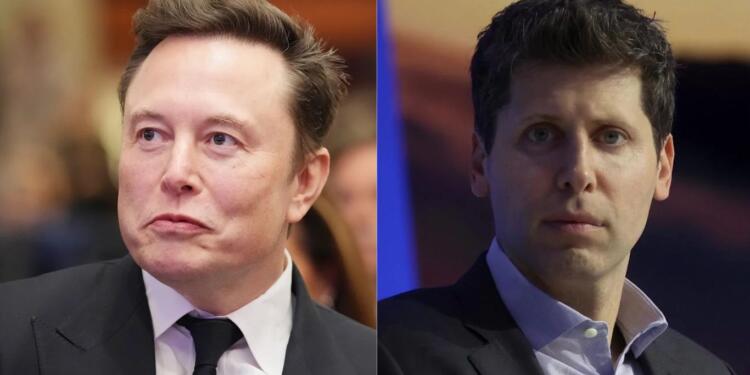OpenAI’s board of directors unanimously rejected Tesla CEO Elon Musk’s $97.4 billion buyout bid. The firm reasserted that it is not up for sale and brushed off Musk’s newest move to take over.
“OpenAI is not for sale, and the board has unanimously rejected Mr Musk’s latest attempt to disrupt his competition,” OpenAI’s board chairman Bret Taylor said in a statement on X (formerly Twitter). The board also emphasized that any restructuring would support OpenAI’s nonprofit mission to ensure artificial general intelligence (AGI) benefits all of humanity.
Musk, who co-founded OpenAI in 2015, but parted ways in 2018 due to disputes over its direction and funding sources. Now Musk has assembled a group of investors to fund the acquisition. His backers include Valor Equity Partners, Baron Capital, Atreides Management, Vy Capital, Joe Lonsdale’s 8VC, and Ari Emanuel’s investment fund. Musk stated that his goal was to restore OpenAI to its original vision as an open-source, safety-focused AI research organization.
The rejection comes at a juncture where OpenAI is in the process of negotiating with SoftBank Group Corp. to raise fresh funds worth as much as $300 billion for OpenAI. As a part of the restructuring, OpenAI’s not-for-profit branch is likely to be given stakes in its for-profit subsidiary.
Musk has strongly opposed OpenAI’s shift towards a for-profit model. He argues that it deviates from its founding principles. OpenAI initially operated as a nonprofit but later created a for-profit subsidiary to attract investment and fund its expensive AI research.
In response to Musk’s offer, OpenAI CEO Sam Altman commented on X, “No, thank you, but we will buy Twitter for $9.74 billion if you want.” Taylor, who had served as X’s board chair in the lead-up to Musk’s acquisition, reaffirmed OpenAI’s commitment to its mission. He said any future restructuring would be guided by public benefit.
Marc Toberoff, an attorney representing Musk’s investor group, criticized the rejection. He argued that the board failed its fiduciary duty by dismissing a higher bid in favour of selling shares at a lower valuation. “They’re just selling it to themselves at a fraction of what Musk has offered,” Toberoff said. “How does that benefit humanity?” The tweet also said, “Any potential reorganization of OpenAI will strengthen our nonprofit and its mission to ensure AGI (artificial general intelligence) benefits all of humanity.”
“OpenAI is not for sale, and the board has unanimously rejected Mr. Musk’s latest attempt to disrupt his competition. Any potential reorganization of OpenAI will strengthen our nonprofit and its mission to ensure AGI benefits all of humanity.”
—Bret Taylor, Chair, on behalf of…
— OpenAI Newsroom (@OpenAINewsroom) February 14, 2025
Musk’s efforts to challenge OpenAI’s direction are ongoing. In 2024, he filed a lawsuit against OpenAI, later withdrawing it after internal emails surfaced showing he had once acknowledged the need for revenue generation. He refiled the lawsuit in August, accusing OpenAI of prioritizing profit over public good.
OpenAI has dismissed Musk’s claims. The company argues that his opposition stems from his unsuccessful attempt to acquire OpenAI for Tesla in 2018. Musk later launched his own AI company, xAI, to compete in the rapidly evolving artificial intelligence industry.
The rejection of Musk’s bid marks another chapter in the growing rivalry between him and OpenAI as both push forward in AI innovation.























